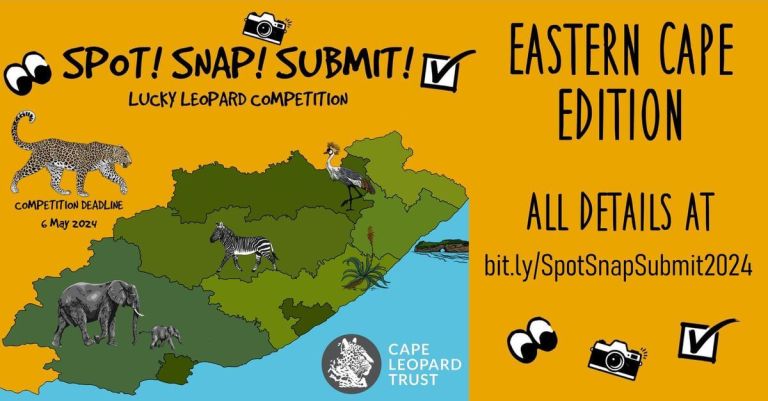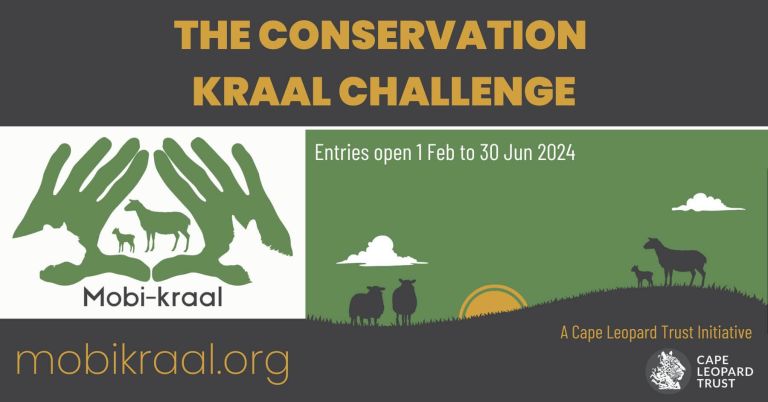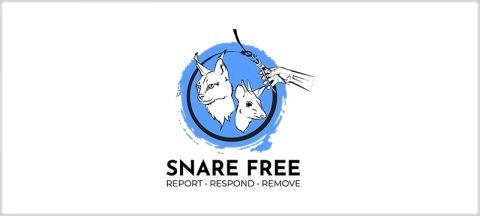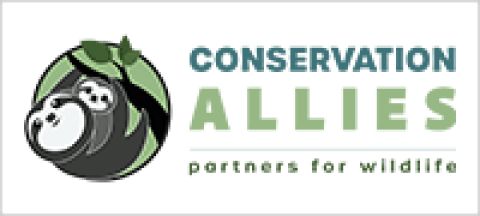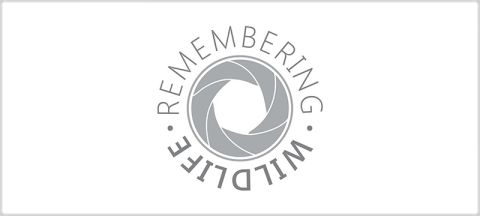The education programme looks broadly at the environment while bringing in the CLT’s cutting edge and exciting research on leopards and other predators.
To do this we use a learning model developed by David Kolb known as “Experiential Learning.” This approach means that we design concrete experiences and facilitate learning through unpacking and discussing questions that those experiences naturally evoke.
We use nature as our classroom and curiosity as our tool. Everything we come across on a hike is an opportunity, whether it is a question asked by a young person or scat that they notice on the ground. In a visit to Stadsaal caves the young people may learn about geology as they giddily climb through tunnels and pose for a photograph in a cave. In the evening they may learn about the stars as they lay on their backs gazing up at the night sky in wonder. In learning moments such as these we incorporate relevant up to date research findings in our lessons. For example, we may show photos from a camera trap before we go and set one up ourselves or share the story of a leopard that was collared and studied in the specific region when we come across markings on a tree.
In addition to hands-on environmental education we create experiences that assist personal development. A challenging hike can show a young person that they can do anything; sleeping outdoors can teach valuable lessons about transforming fear. Through these emotive experiences young people begin to build a deep connection with and reverence for the natural world as it finds a home within their understanding of themselves.
Finally, when they are passionate to protect the wilderness they have come to love, we share ways that they can make a difference in conservation. For example, we teach recycling through doing it or make pledges to save water as we together take in the beauty of a local waterfall. Some of our most passionate learners may themselves become the next researchers or activists as seeds of conservation grow in them.
For more information about Experiential Learning take a look at this UNESCO Resource: www.unesco.org/education/tlsf/mods/theme_d/mod20.html

